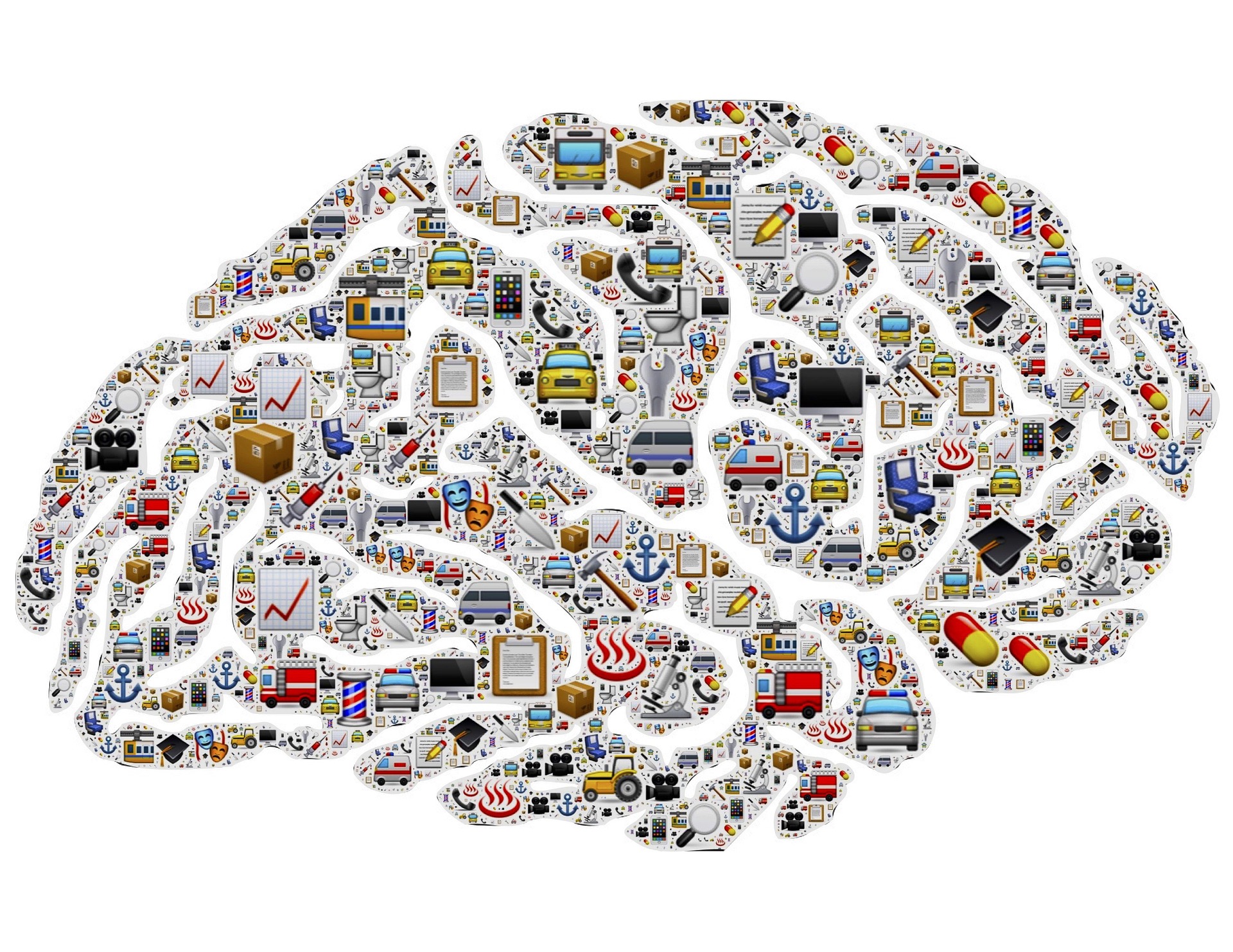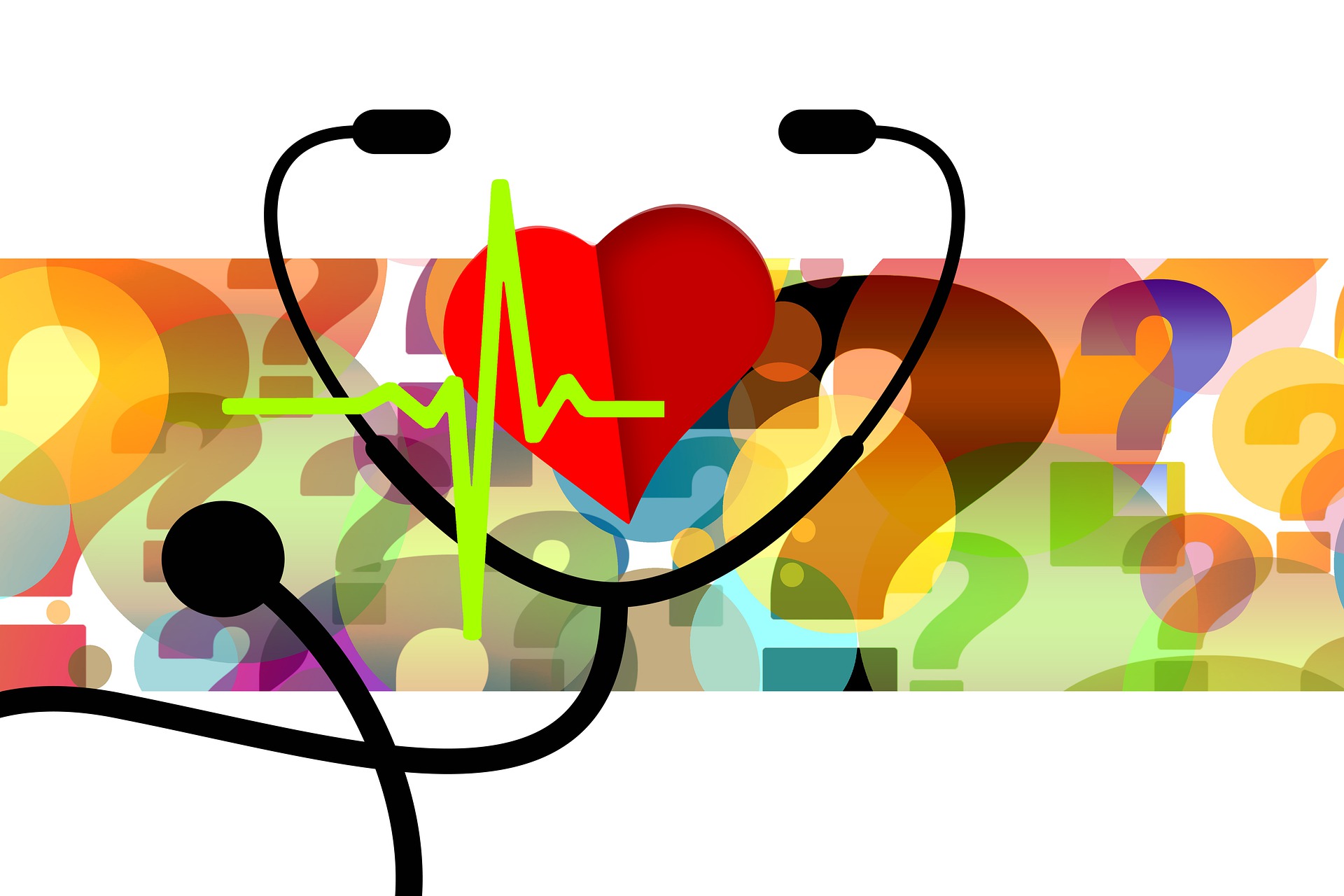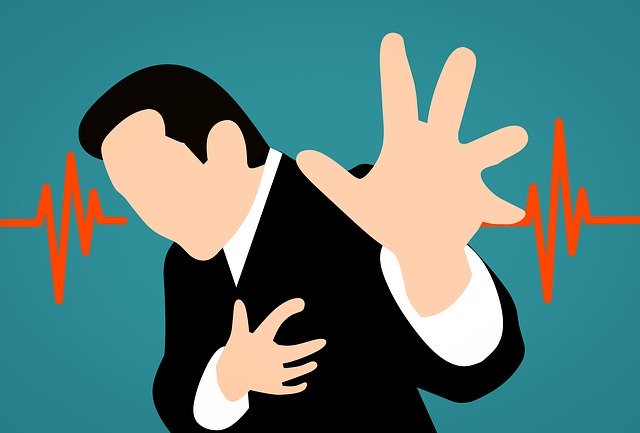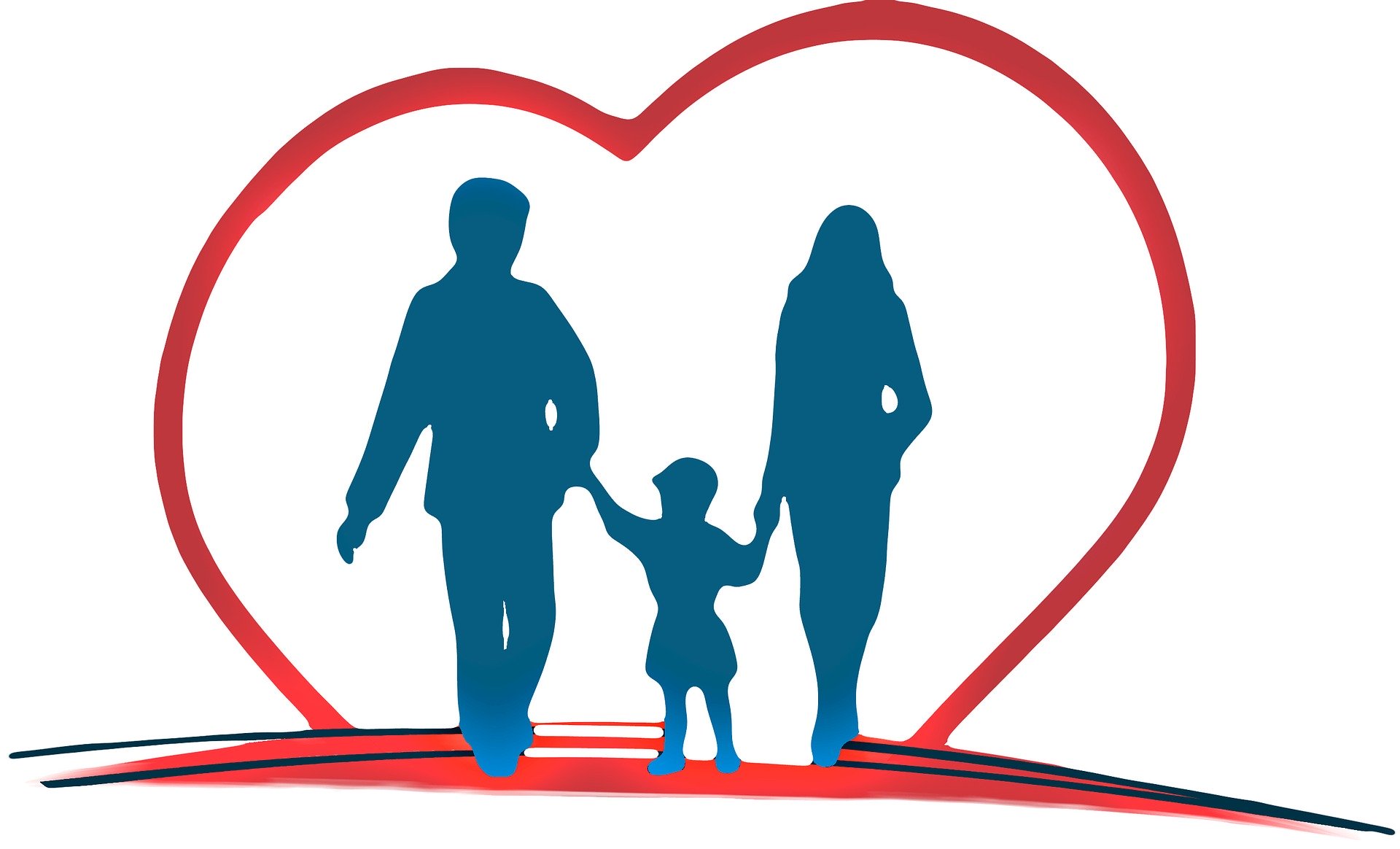MUSCLE AND NERVES
They are the heart, brain, kidneys, liver, and lungs. The locations of these five organs and several other internal organs are shown in the figure below.
Overview
Motor neurone disease, also known as amyotrophic lateral sclerosis (ALS), occurs when specialist nerve cells in the brain and spinal cord called motor neurones stop working properly. This is known as neurodegeneration. Motor neurones control important muscle activity, such as: gripping.
Neuromuscular Disorders
Neuromuscular disorders affect the nerves that control voluntary muscles and the nerves that communicate sensory information back to the brain.
WHAT IS FIBROMYALGIA?
Fibromyalgia is the second most common condition affecting your bones and muscles. Yet it's often misdiagnosed and misunderstood. Its classic symptoms are widespread muscle and joint pain and fatigue. There's no cure. But a combination of medication, exercise, managing your stress, and healthy habits may ease your symptoms enough that you can live a normal, active life.
Read MoreSCIATICA
Sciatica refers to pain that radiates along the path of the sciatic nerve, which branches from your lower back through your hips and buttocks and down each leg. Typically, sciatica affects only one side of your body.
Read MoreNEUROPATHY
Neuropathy is damage or dysfunction of one or more nerves that typically results in numbness, tingling, muscle weakness and pain in the affected area. Neuropathies frequently start in your hands and feet, but other parts of your body can be affected too.
Read MoreMOTOR NEURONE DISEASE
Motor neurone disease, also known as amyotrophic lateral sclerosis (ALS), occurs when specialist nerve cells in the brain and spinal cord called motor neurones stop working properly. This is known as neurodegeneration. Motor neurones control important muscle activity, such as: gripping.
Read More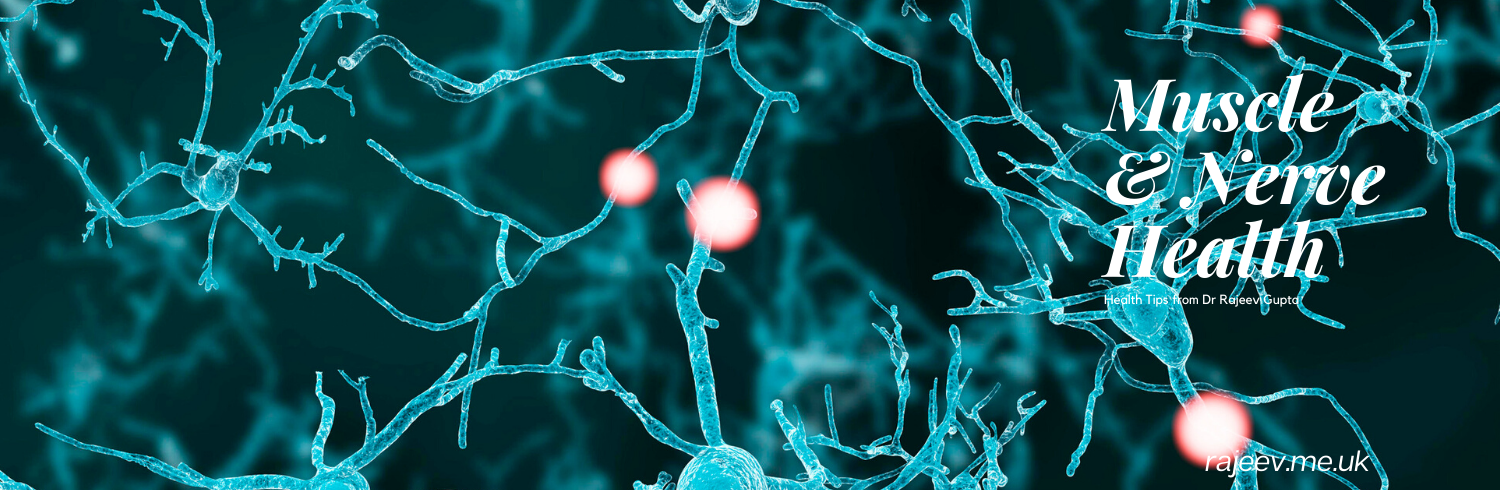
There is more to health
INTERNAL ORGANS
